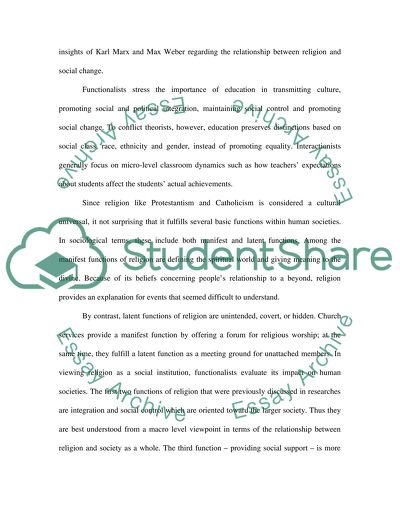Cite this document
(“Socilology : practical Sociology Essay Example | Topics and Well Written Essays - 1500 words”, n.d.)
Socilology : practical Sociology Essay Example | Topics and Well Written Essays - 1500 words. Retrieved from https://studentshare.org/miscellaneous/1529397-socilology-practical-sociology
Socilology : practical Sociology Essay Example | Topics and Well Written Essays - 1500 words. Retrieved from https://studentshare.org/miscellaneous/1529397-socilology-practical-sociology
(Socilology : Practical Sociology Essay Example | Topics and Well Written Essays - 1500 Words)
Socilology : Practical Sociology Essay Example | Topics and Well Written Essays - 1500 Words. https://studentshare.org/miscellaneous/1529397-socilology-practical-sociology.
Socilology : Practical Sociology Essay Example | Topics and Well Written Essays - 1500 Words. https://studentshare.org/miscellaneous/1529397-socilology-practical-sociology.
“Socilology : Practical Sociology Essay Example | Topics and Well Written Essays - 1500 Words”, n.d. https://studentshare.org/miscellaneous/1529397-socilology-practical-sociology.


